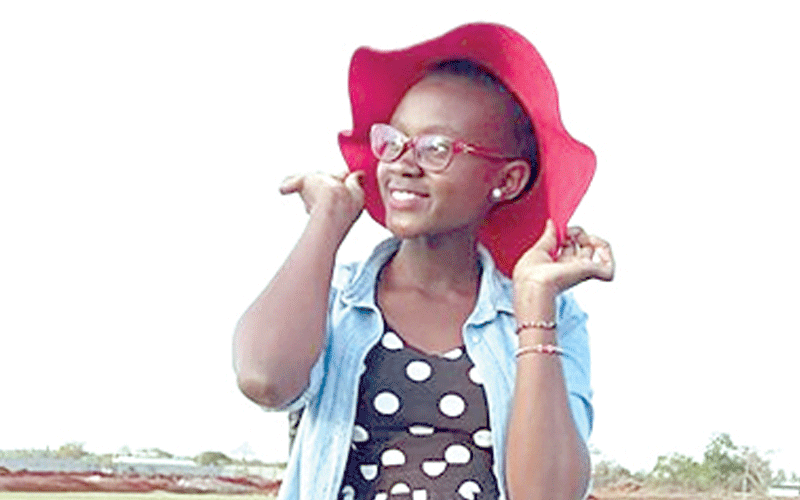We need accessible, affordable menstrual products

Disability in the society remains a taboo topic in many African communities. People with Disabilities (PWDs) organisations have been asking for inclusion, but factors such as stigma, social isolation and poverty have proven to be bottlenecks.
Even with these challenges, when it comes to dealing with menstruation, the situation becomes trickier because of lack of finances, inaccessible hygiene infrastructure and lack of information on product use.
“When it comes to the blind, for example, information in not provided in braille, which makes it difficult to train them on proper use.
Kenya Sign Language should help by increasing capacity to the trainers who have expertise on matters Menstrual Health Management (MHM), says Jedidah Lemaron, founder of Malkia Initiative Foundation.
The organisation has been running a campaign dubbed ‘Period Positive.’
According to Lemaron, access to relevant information in the right form, such as tactical tools or audio-visual materials, will go a long way in addressing this gap. There is need for PWDs to champion accessibility of relevant information.
Little effort
“It is important that women with learning disabilities be supported to play a central role in recognising and defining problems they experience,” she says.
For Mariah Laisa Swakei, a visually impaired student at Kenyatta University, there is little information for the visually impaired: products infornmation is not provided in a manner accessible to them as well as to the physically challenged persons.
“Most physically challenged persons on wheelchairs use diapers because of problems with their spine or other body parts. This is known to cause infections especially when using pads.
At the same time, disposal of used sanitary towels is also a problem, as some don’t know how to properly dispose them. Again, most can’t afford sanitary towels and end up improvising pieces of clothe, which are not effective§,” she adds.
The entry of menstrual cups in the market has seen many people prefer them to other products. A recent advertisement featuring a disabled girl holding a menstrual cup on a billboard raised eyebrows, but for PWDs, the message is home.
“Menstrual cups are ideal for people with disabilities if they can be trained how to use them. They help prevent infections, and the fact that they can be reused makes them a better choice.
However, most organisations focus on schools for the able bodied, and little attention is paid for special schools,” adds the second year student at Kenyatta University, pursuing a Bachelor of Education, Special Needs.
Mariah says the challenge for authorities at the moment is to ensure access to suitable menstrual hygiene products that are regularly changed and disposed safely. Additionally, financial challenge for most PWDs is still a key factor.
“There is need for awareness on stigma and certain stereotypes. Trainers on MHM need to include sanitation and access to products, most of which are expensive for most of us,” says Stella Tiyoy, a wheelchair basketballer and second year student at University of Nairobi.
For her, the government and other relevant authorities need to install appropriate water, sanitation and hygiene (Wash) infrastructure.
“We recommend that the government considers Handicap International’s RECU principle, which stands for, Reach, Enter, Circulate and Use for latrines, bathing units and changing and washing places,” she adds.
For a group in financial constraints, access to alternative menstrual products is not only for the informed, but also for those who can afford it.
“Accessibility to normal pads is not just a problem for us the disabled, but also women in general. However, given that most of us come from humble backgrounds, it is time to have such products subsidised, and, at the same time educate, PWDs about their health rights,” she concludes.








